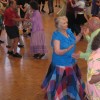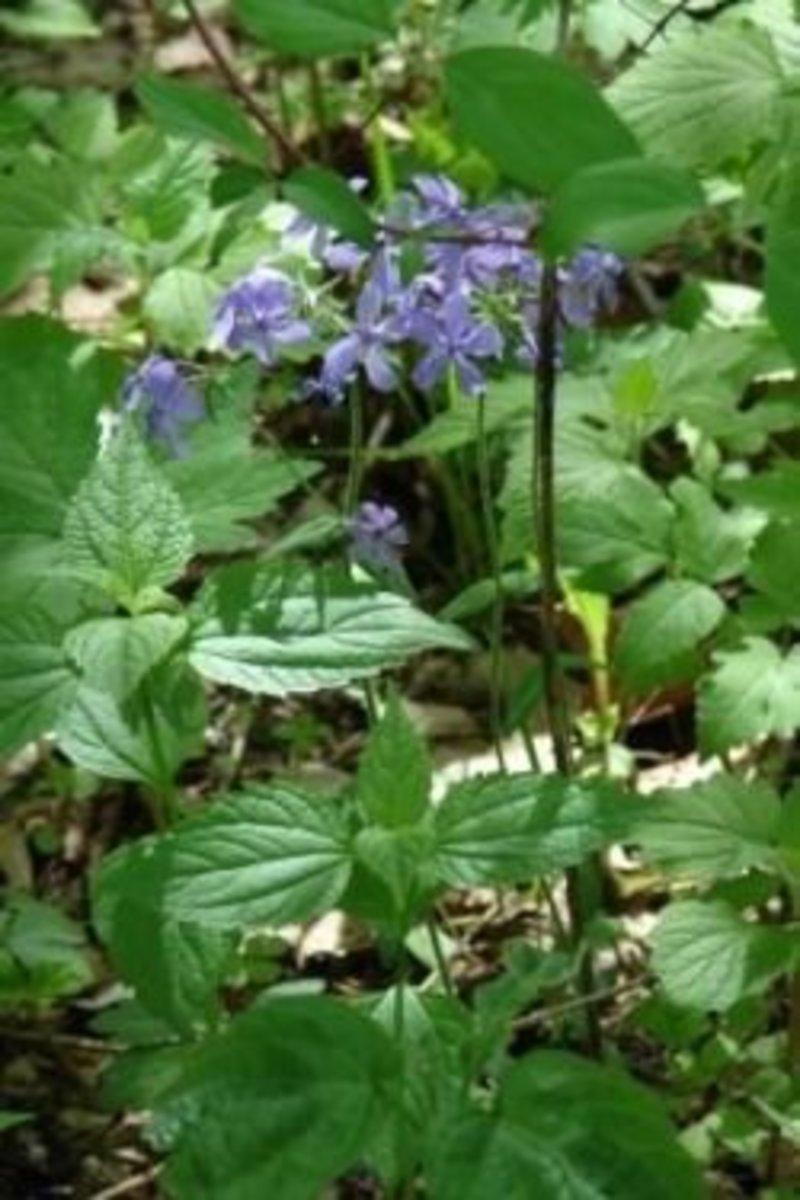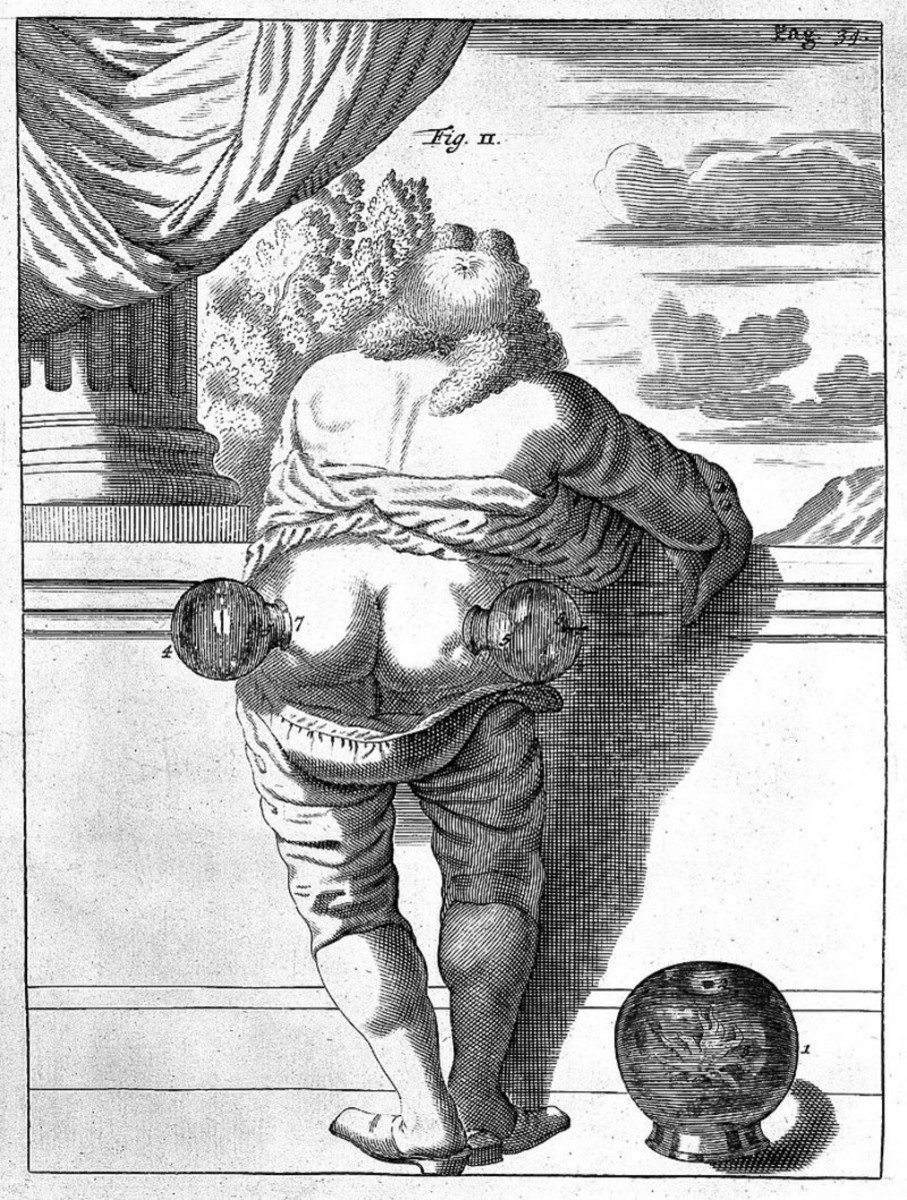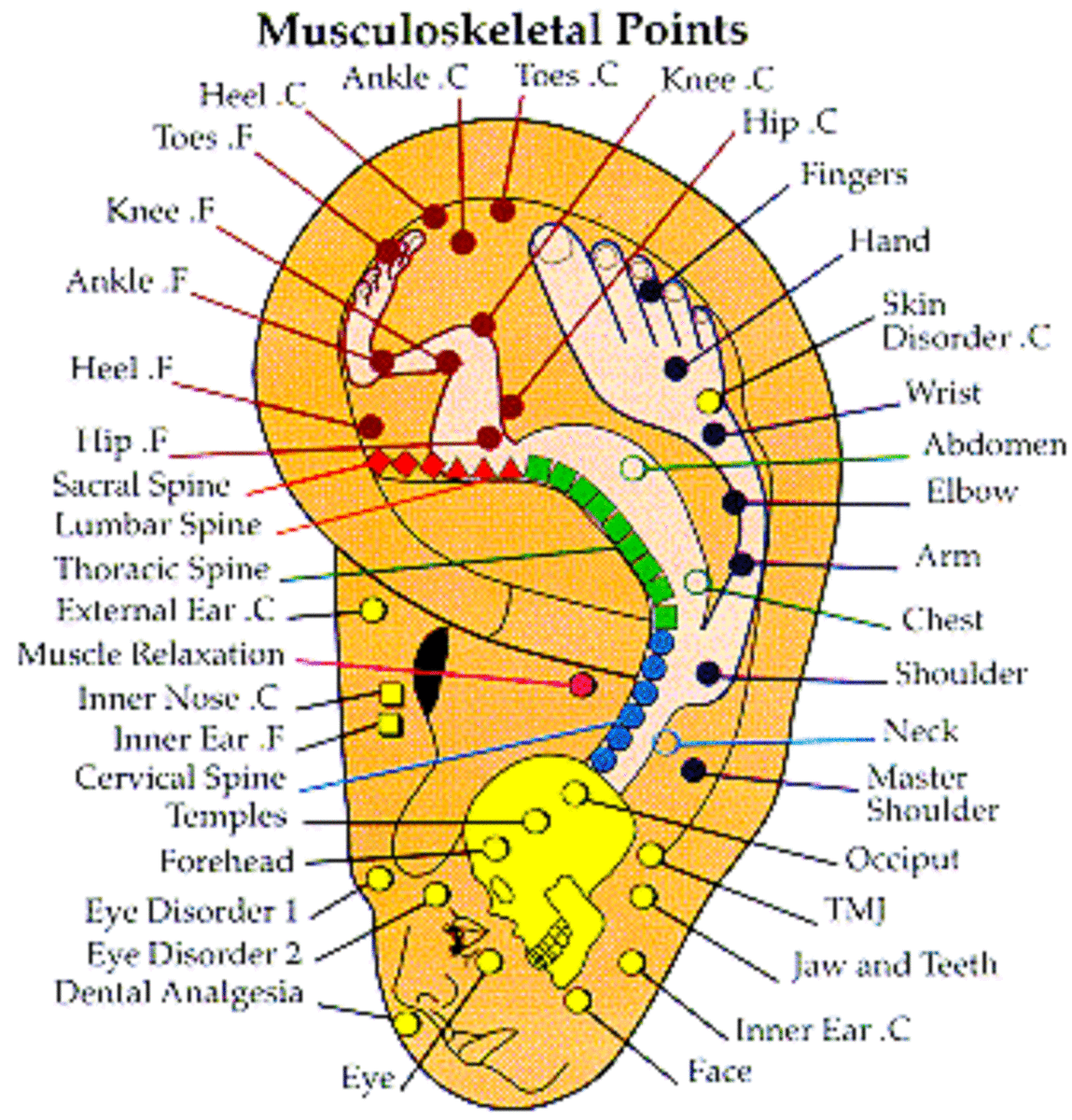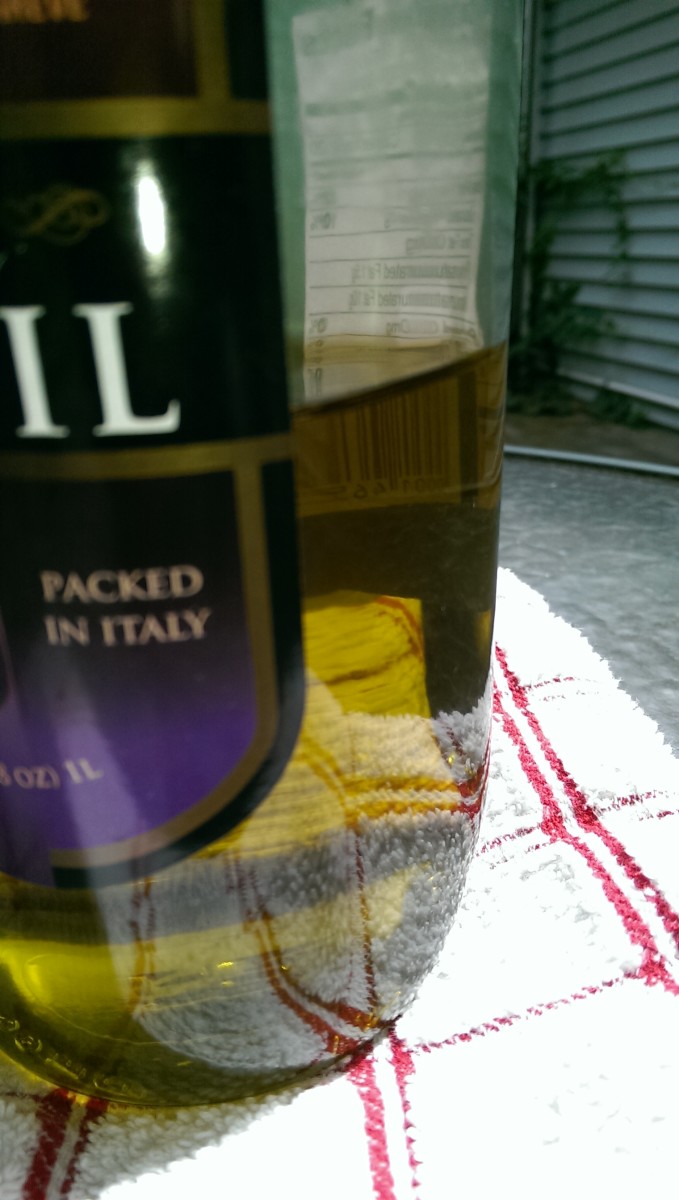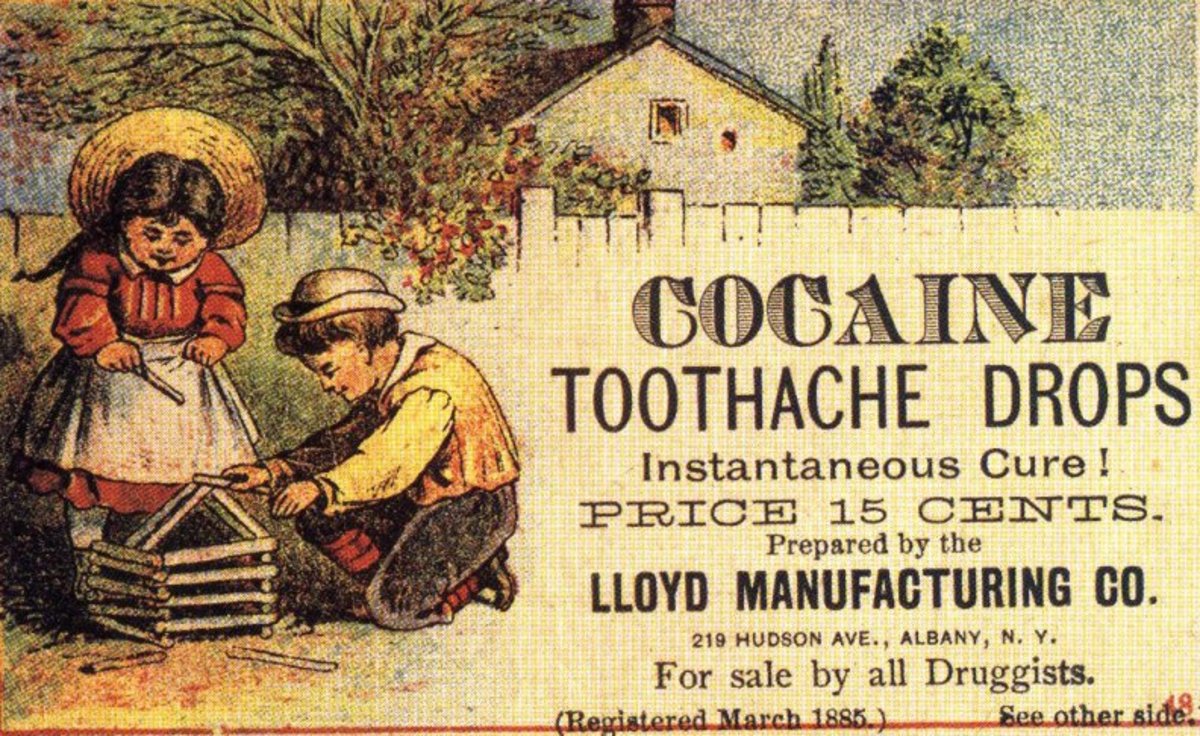Herbs and Suppliments--Alternative Medicine
Herbal supplements and other "traditional Chinese" remedies are more and more popular. Estimates are that 30% of people in the U.S. use them. Because many prescription drugs have undesirable side effects, take a long time to develop and test, and cannot cure everything and because pharmaceuticals often cannot cure, but just control diseases and medical problems, people seek alternatives. In our hopefulness for positive outcomes, we often overlook logic and reason in this area, thereby spending money on unproven treatments and possibly harming our bodies. Herbs contain powerful chemicals. Many may cure or help our medical problems. Yet, there are big problems with herbal cures: belief vs. science, the desire to make big money on these, lack of regulation and controls, scarcity of double-blind studies, levels of toxic metals in the herbs, interactions with drugs, traditional Chinese medicinal uses vs. actual active chemicals available, in the herb, translating the traditional Chinese medicine system into usable information and potency.
One problem with talking about this area is that it involves peoples beliefs. There seems to be the need to put people into camps, alternative medicine believers and non-believers. Right there we have a problem bringing logic and reason back into the picture. The "believers" in alternative medicine and herbal cures have faith. Can't you just feel the emotions rising! It seems so negative to cast doubt into this area, but please read on and let in loving logic.
Many of those who tout "alternative medicine" say that the medical establishment is a huge industry making billions of dollars and not to be trusted. They are right, that's why we have laws that regulate that industry. "Alternative medicine" seems homey and friendly. If you go to the Nature's Way, a huge supplement supplier, web site, you will see that they are located in the mountain valley of Springville, Utah. The company is, however owned by Germany-based Dr. Willmar Schwabe Pharmaceuticals. Where do the herbs grow? The herbal and alternative medicine industry takes millions of dollars out of the pockets of U.S. followers every year, yet we have no regulation of this business because supplements are not considered medications and, as such, go unregulated. The stock market melt down and world recession caused by unregulated banking practices should have taught us about deregulation and lack of controls. We are spending millions on unregulated and unproven substances. At least in Europe, this industry is regulated so people know what they are getting. I don't know if potency is checked in Europe, but in the U.S. is certainly is not. Plant derived, herbal supplements vary greatly in potency of the chemicals for which we buy them. We have no regulation, no testing, no way to know anything except what the manufacturer is saying. Plus, we have no control over those manufacturers. I'm sure most are honest, and containers actually contain what they say that they do. Consumer testing panels have found that many don't.
Plants seem to have developed chemicals, many of which we use as supplements, as self protection and for attraction. They taste bitter or nasty, so bugs and animals don't eat them; one bite is enough. They are hallucinogenic, poisonous, emetic, and diuretic. They produce blue berries which birds eat and spread in their feces.
Plants can give us many useful medicines like aspirin, anti-cancer drugs and penicillin. These have been rigorously tested and developed. Many "alternative medicine" and "traditional medicine" substances are being tested by scientists with promising results. Often these herbs are found to contain chemical which may be found useful in ways totally different from "tradition." The amount of the active chemicals differs in the same plants depending on growing circumstances. Stressed plants, for example those growing at high altitudes, may produce more chemicals than unstressed.
One of the problems with traditional Chinese medicine, it's coded system of language has been solved. In 2007 scientists in the U.K. analyzed patterns among 8411 compounds from 240 Chinese herbs in relation to the categories found in traditional Chinese medicine. Their results reveal that many categories in Chinese medicine can be translated into Western terminology. TCM's "fire poison" group, for example, is comparable to today's family of anti-inflammatory medicines.
In the last 10 years scientific testing of herbs and "traditional Chinese medicine" had resulted new ways to use them, sometimes with confusing results. For example, Delisheng is a Chinese medicinal compound now often used in conjunction with chemotherapy for HCC, an aggressive cancer, with good results. Delisheng comes from the venom of Chinese toads. On the other hand, an herbal medicine known as Chan su, used to treat sore throats, boils
and heart palpitations, also from the venomous secretions of Chinese
toads, can cause cardiac arrests or comas. If your Chinese herbalist suggests toad extract, which toad would you choose?
Traditional medicines herbs can cause reactions, drug interactions and poisoning. Gingko and garlic increase the risk of bleeding with anticoagulants. Borage Oil and Evening Primrose Oil can cause problems for epileptics. Results of research by Professor Roger Byard , a forensic pathologist, published in the US-based Journal of Forensic Sciences show the highly toxic nature of many herbal substances, especially if taken in large dosages, injected or combined with prescription medications. Many people think these substances are safe while at the same time believing that they are powerful medicines that can cure them. Byard found that many herbs contain potentially lethal concentrations of arsenic, mercury and lead. His analysis of 251 Asian herbal products found in United States stores identified arsenic in 36 of them, mercury in 35 and lead in 24 of the products.
He found one documented case of a 5-year-old boy who had taken 63 grams of
"Tibetan herbal vitamins" over a period of four years and was diagnosed with
lead poisoning. In another case a young boy with cancer of the
retina, whose parents used a traditional Indian remedy, got
arsenic poisoning from it.
According to Professor Byard, other side effects of herbal medicines can include liver, renal and cardiac failure, strokes, movement disorders, muscle weakness and seizures. St John's Wort can reduce the effects of warfarin and cause intermenstrual bleeding in women taking the oral contraceptive pill. For emphasis I'll remind you that Prof. Byard is a forensic pathologist. See Science Daily web site, from which this information was taken, for many articles about the benefits and dangers of herbal supplements.
One of the biggest hoaxes involving "alternative" products is the diet industry. Remember PhenFen? Herbal teas from green tea to a "dieter's tea" have been advertised as weight-loss products, though recent test results show no weight-loss benefit from green tea. It's good as source of anti-oxidants, but not for loosing fat. The only way to lose weight from tea is to consume it instead of food containing calories.
I am not for or against herbal remedies. In fact, I plead for the use of logic and science. Remember that in China and India, where herbs have been used for 100s of years, poverty has been a huge problem. Poor people are often poorly nourished, especially lacking a variety of vegetables, fruit and protein. We know that food can cure (lemons and limes for Scurvy) and that fish is brain food. Imagine such poor people getting needed vitamins and minerals from supplements because their food does not contain them. That certainly must have been the beginnings of "traditional medicine." Remember, too, that such medicine was all people had until about 90 to100 years ago. I recently saw a medical museum in the basement of a local hospital. It contained about a 100 bottles of herbs and potions and metal operating instruments all donated by local doctors in California who practice using them in the early 1900s.
Finally, I urge you to question doctors, the medical establishment, but question, too, herbalists and all "alternative" practitioners. Check Science Daily, Web MD and pharmacists for prescription and over-the-counter drug side effects, but use the same critical thinking skills when considering supplements, herbs and "alternatives."
